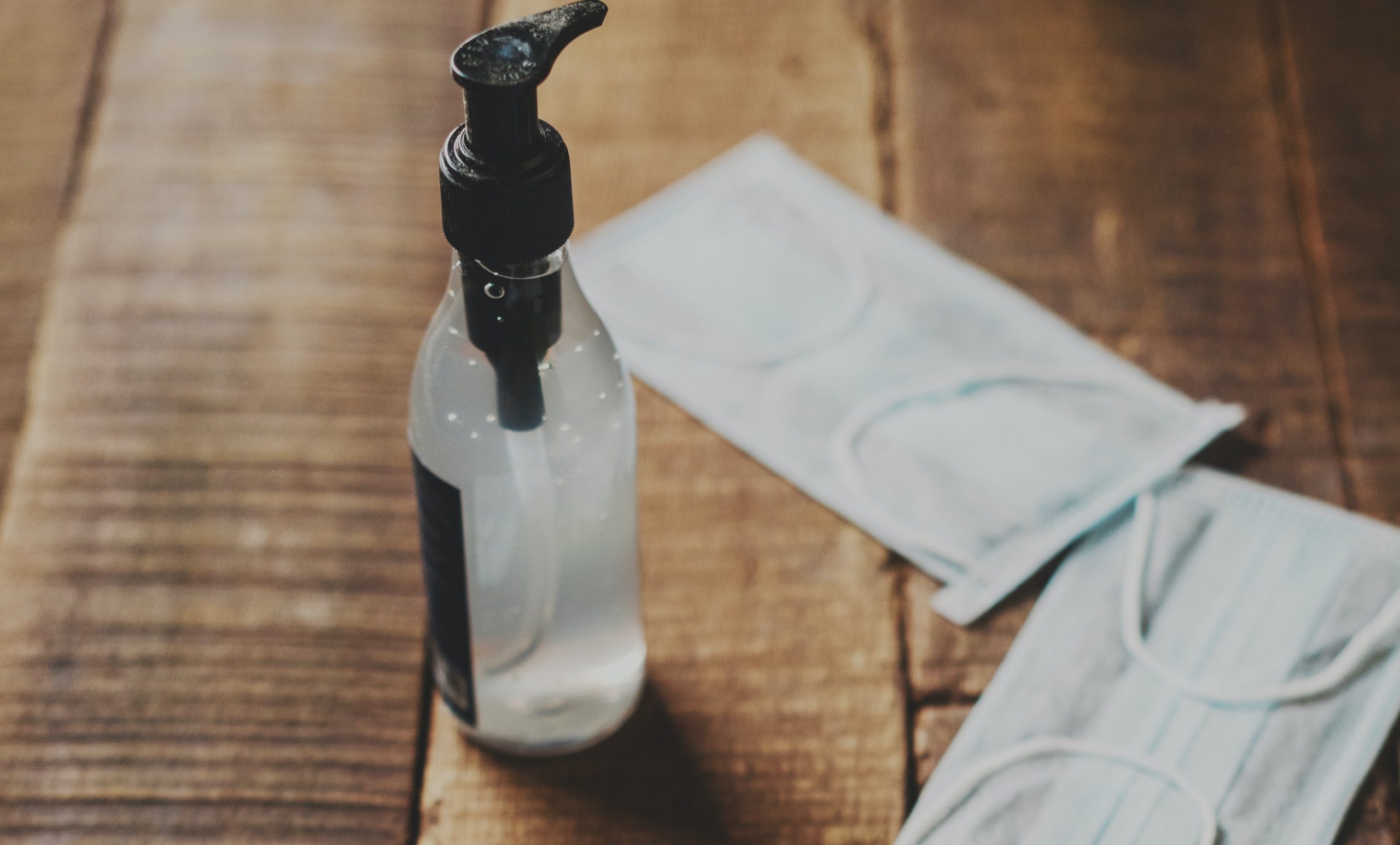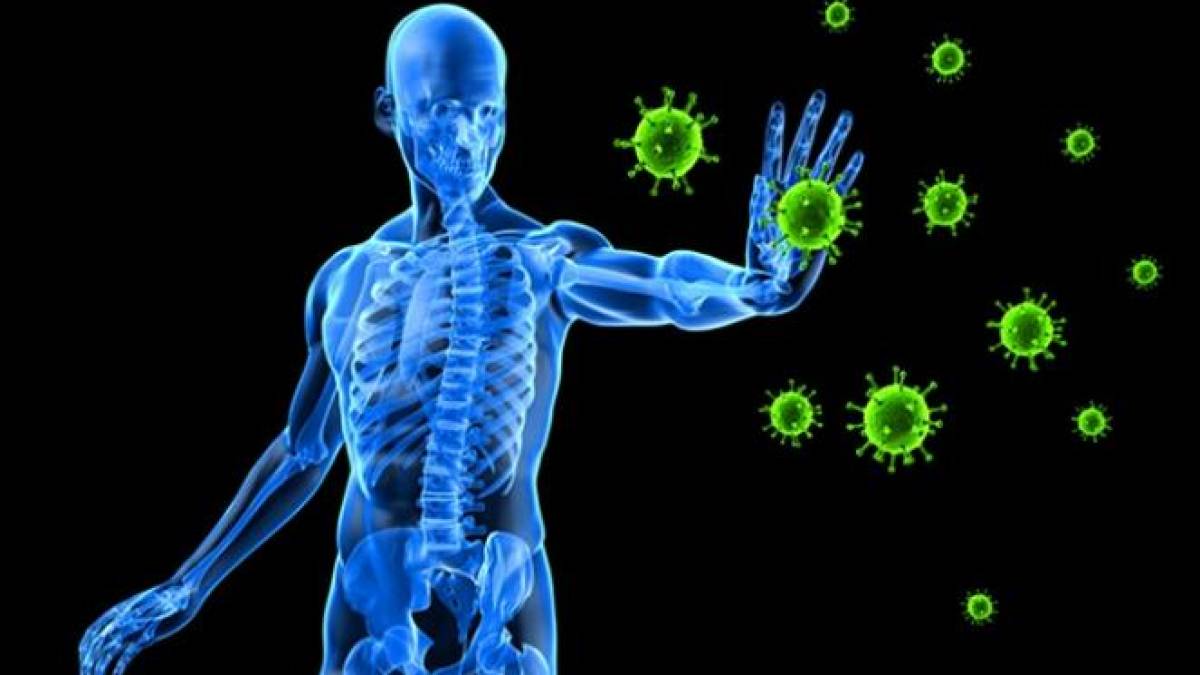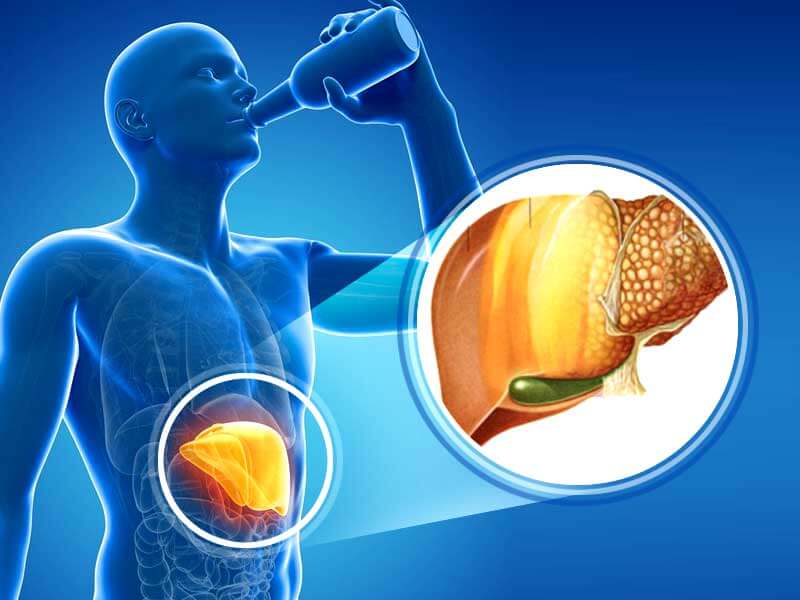Being a mother is a wonderful feeling. Who would not want to have a baby, healthy and active? The transformation of a girl being a lady, and the lady being a mother is a blissful journey called womanhood. However, PCOD hinders the natural course of this journey, affecting the ability to conceive a child. The physical and mental health of a woman is disturbed with the onset of PCOD!
What is PCOD?
Polycystic ovarian disease (PCOD) is a common hormonal disorder among women of reproductive age. It is a condition where hormonal imbalance affects the follicular growth during the ovarian cycle, causing the affected follicles to remain in the ovary. If you have PCOD, your pituitary gland may release abnormally high amount of luteinizing hormone into your blood stream disrupting your normal menstrual cycle. As a result your follicle does not mature and ovulation does not occur, which can lead to infertility.
In addition, your doctor will find your blood with high levels of insulin. Too much insulin combined with high levels of luteinizing hormone can lead to excess production of male hormone called testosterone in your ovaries, abnormally high amount of testosterone prevent ovulation.
Infrequent or prolonged menstrual periods, excess hair growth, acne and obesity can all occur in women with polycystic ovary syndrome. In adolescents, infrequent or absent menstruation may signal the condition. In women past adolescence, difficulty becoming pregnant or unexplained weight gain may be the first sign. Early diagnosis and treatment may reduce the risk of long-term complications, such as type-2 diabetes and heart disease.
Ayurveda’s perspective on PCOD
Ayurveda classifies PCOD as a kapha disorder. Kapha having first affected the digestive fire – jatharaagni starts to affect the metabolic aspect of the seven tissues called dhatu agni. Each dhatu agni is responsible for the nourishment and formation of that particular tissue that it resides in. In the case of PCOD the dhatus affected are rasa dhatu – lymph and plasma, meda dhatu – adipose tissue and artava dhatu – the female reproductive system. Ama, entering the cells of arthavadhathu begins to affect the cellular intelligence of the cell by dampening pitharaagni causing error in cellular function and intelligence. Mistake of cellular intelligence is also expressed in the inhibiting of apoptosis – death of defective cells.
Prevention and treatment
Ayurveda adheres in preventing PCOD in a natural way by balancing the doshas. Apart from the miraculous panchakarma, Ayurveda suggests various herbs along with dietary and lifestyle changes to cure this disease.
Panchakarma
It is an in-depth Ayurvedic treatment which completely cleanses the body, mind and emotions from toxins. It rejuvenates the body by reducing weight and restores regular menstruation cycle and ovulation. It provides strength to the reproductive organs like uterus, ovaries, fallopian tubes and vagina and maintains hormonal balance. Panchakarma protocol helps to high degrees in clearing many pathologies which inhibits fertility. Each person receives a unique combination of five processes according to their specific health needs.
Various healing processes involved in Panchakarma are:
- Basti – Enema of medicated oil or Decoction is given through rectum which helps in expelling vitiated vata. In females oil Basti of “Sahachar Tail” improves quality of ovulation within normal days.
- Uttarbasti :Uttara basti is the most effective treatment in gynecological disorders. It helps in purification and clears the AartavaVahaSrotas, pacifies vitiated ApanaVayu and improves follicular maturity. After proper completion of uttar basti it has been observed that follicles do rupture naturally without any hormonal injections.
- Virechan: It eliminates body toxins like vitiated ‘Pitta’. The process of cleansing is carried out in the small intestine & other Pitta zones. Here drugs that stimulate bowel movement are increased for the expulsion of doshas through rectum.
- Vaman: It is a cleansing procedure intended mainly for the expulsion of vitiated ‘Kapha’. This is a painless, drug induced emetic procedure. Vaman procedure purifies internal toxins and balances hormonal system and stimulates pancreas to secrete insulin in normal level, so PCOD decreases accordingly.
Herbs
Certain herbal medicines can regulate PCOD by balancing the hormones. They include blue cohosh, false unicorn root, milk thistle and dandelion to regulate the sex hormones. Other herbs taken by Indian women to help manage insulin resistance include neem, tulsi, fenugreek and basil. Cinnamon also provides support for people with insulin resistance. Flax seed and evening primrose oil provide Omega-3 and 6 fatty acids, which are helpful to the cardiovascular system.
- Ashwagandha roots – Ashwagandha is a popular herbal supplement with extensive applications in traditional Indian and Ayurvedic medicine. Ashwagandha has been highly prized as a treatment for impotence and infertility. Ashwagandha root is highly prescribed in Ayurveda for the treatment of PCOD. Anexclusive blend made with ashwagandha roots and arjun bark is prescribed for PCOD patients.
- Sesame seeds – Boil 5 gms black sesame seeds in 100 ml water. Filter and add organic jaggery anddrink it two times a day in empty stomach. This simple remedy can be continued till proper menses is achieved.
- Castor oil – It is a fatty acid and has been used in Ayurveda as a treatment for dissolving ovarian cysts. It is easily absorbed through the skin and is beneficial to the blood and lymph vessels, uterus, bowels and fallopian tubes. A castor oil pack is placed on the abdomen to improve circulation and promote the healing of organs under the skin. Castor oil packs are specific to benign uterine fibroids and ovarian cysts. Do not use castor oil on uterine growths or cancerous tumors. Pregnant women should not use a castor oil pack.
- Alum is an excellent medicine used in Ayurveda to stop bleeding. Crush the purified alum and roast it in an iron vessel and make it into a powdery form. Take 1/2 gam of this powder with 10gms crystal sugar and 50ml water two times a day till bleeding stops.
Yoga and Diet
Relaxation is the key in Polycystic Ovarian Disease. Posture’s designed for PCOD helps open up the pelvic area & promote relaxation and strength to the entire reproductive organs. You can relax in the asana by coordinating it with breathing. Pranayama’s (breathing exercises) are powerful techniques that help calm the mind. Yoga has several poses that aids in weight loss, relieves stress and improves blood circulation to the ovary, thus naturally curing PCOD.
The diet plan should be tailored as per individual requirement and degree of insulin resistance. Ayurveda advices to choose low Glycemic Index (G.I) foods – such as cauliflower, tomatoes, onions, peaches, apples, and grapefruit for those suffering from PCOD. These food items help in slowing the rise in blood sugar levels and pacify the strength of the disease. Eating at regular intervals is advised strongly.Restriction of food is another major aspect.
Ayurveda medication along with yoga and diet, works wonders in women with PCOD. Practicing the same on a regular basis makes the journey called womanhood, a wonderful experience.
- Covid 19 Measures - August 21, 2020
- How to Boost your Immune System with Ayurveda? - April 1, 2020
- 10 Superfoods to keep you cool during the Summer Season - March 25, 2020







Hii, my age 24, im having allergies from past 2 years 3 months back i diagnosed that i have pcos , im getting acne, unwanted hair, hair fall, weigh loss. did ayurveda cures pcos…
Hi , My name is Pooja . Age 27 . I am daigonised with PCOS 5 years back and i went under many medications but situation became worst. my wieght has reached 96 height is 5ft 4 in.
i need to know how ayurveda help me in treating PCOS and weight loss. Also what will be the Cost for the treatment
whether aryuvedic and allopathic treatment could go side by side..and Panch karma can be done in summer season …
hello… I was suffering from PCOD / PCOS for several years. i had acne, and extra facial and body hair etc. I tried many treatments but never had any result. Finally i found Gurus Ayurveda in Kerala and took their medicines for 3 months. I am still taking their medicines. I never thought my facial hair will go away but 90% of my facial hair are off now.
What medicines did they prescribe you ??any side effects ?
Plz reply soon
If you have any questions you may whatsapp or call
9544144199